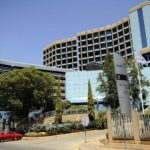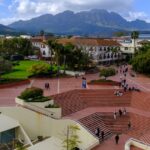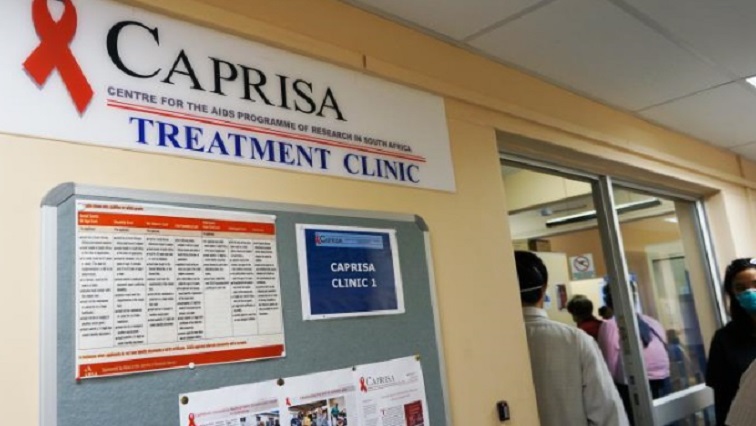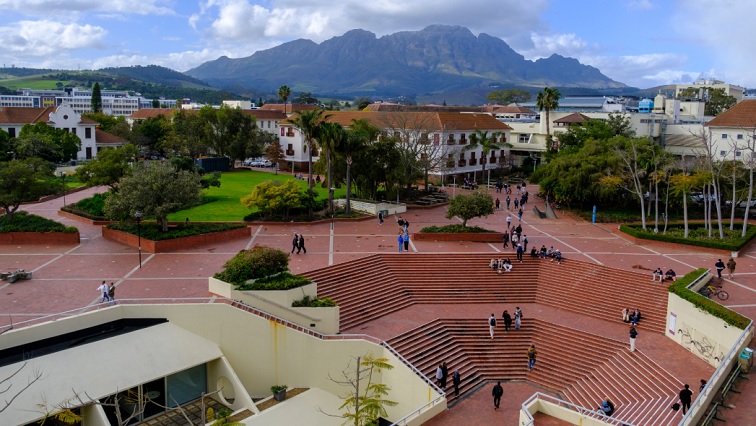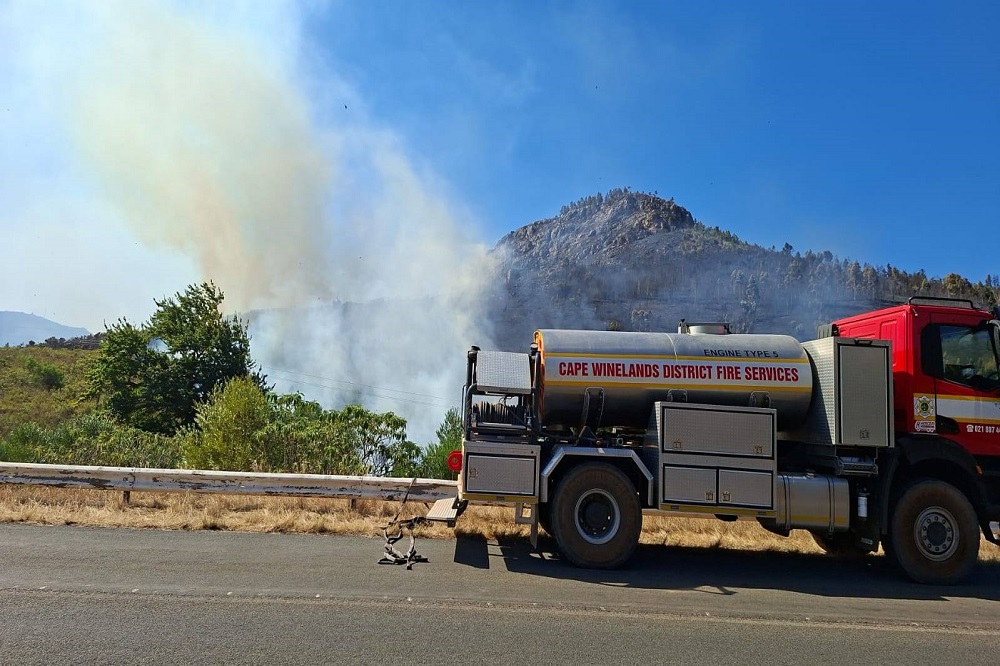-
Centre for the AIDS Programme Research in South Africa (CAPRISA)
Professor Salim Abdool-Karim, Director of the Centre for the AIDS Programme Research in South Africa (CAPRISA) says critical HIV/AIDS research programmes relying on donor funds from USAID have already been affected in the country.
Abdool-Karim says two vital research programmes aimed at HIV vaccines and modern technologies for prevention in women have been halted.
NGOs in KwaZulu-Natal, which has South Africa’s second highest burden of HIV, also say they are now in limbo with many forced to close their doors.
Professor Karim elaborates, “The impact is very significant and it affects all parts of our society. Research is also impacted by this exercise. USAID funds several research programmes and they fund them throughout Africa including South Africa. In South Africa, I’m not aware of the entirety of what they fund but they are two large programmes that we are part of. One focuses on HIV vaccines and the other is on new technologies for prevention in women. And both those programmes have been put to a stop, so both those research efforts are no longer continuing. The irony of course is that the research that’s being done is actually aiming to produce benefits that will be a benefit to the US as much as it is to every other country.”
However, Abdool-Karim says South Africa has made significant strides in the treatment of HIV and AIDS patients, and the country can continue with clinical trials without the assistance of the United States albeit difficult to do so, without additional funding.
“I think we actually [continuing] the Aids control programme and Aids treatment functions without the need for PEPFAR anyway, but PEPFAR makes it better and what we will see is a programme that is now not going to have certain things like the data that’s collected or some of the circumcision programmes or some of the condom programmes. So, the LBTI services, so we will see some of those services now disappearing, but the core of the Aids treatment programme which is the treatment of around 6 million people in South Africa, that will stay intact.”



